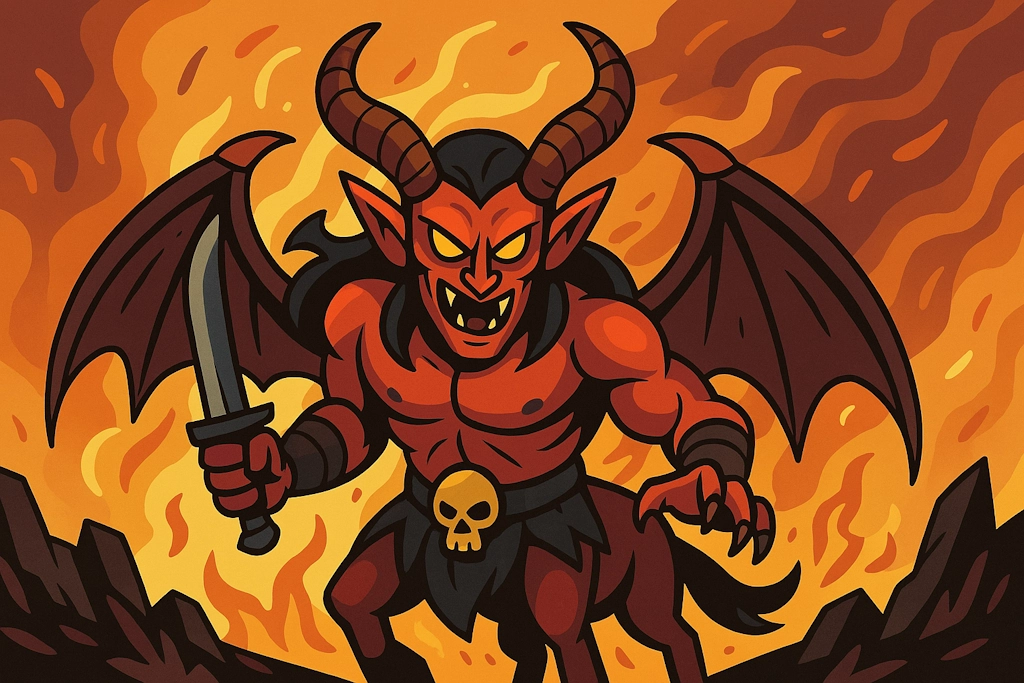👿Demon Names(Imaginary)
Generate dark and menacing names for fiends and infernal creatures from the underworld.
Choose your style:

Demon Names
Generate dark and menacing names for fiends and infernal creatures from the underworld.
Example Demon Names
Get inspired by these sample results
- Bathin
- Daeva
- Morax
- Antichrist
- Barong
- Bakasura
- Eisheth
- Asbel
- Vanth
- Marchosias

